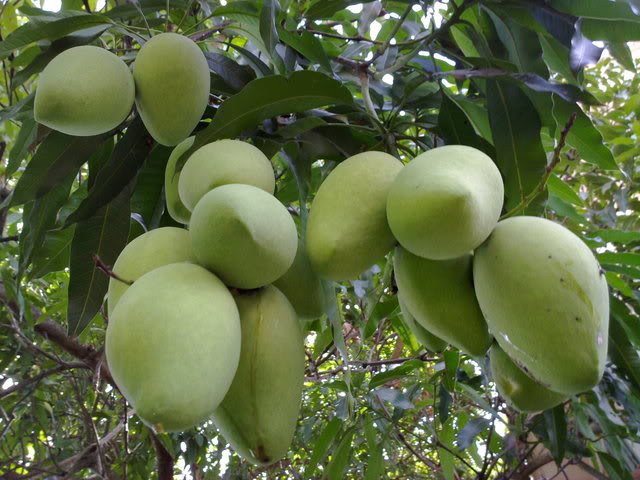In view of the growing global demand for mango products, Vietnam wants to expand its mango product and increase its exports to 650 million US dollars by 2030.

There is a lot of potential in the mango sector, with global exports of mango products expected to reach 12.3 billion dollars by 2020. Fruit exports have increased every year, reaching $180 million last year.
Mango is growing rapidly in Vietnam due to changes that help companies to easily export. Vietnamese factories have had a preservation technology that preserves mangoes for about a month, while free trade agreements that Vietnam has signed with other markets have helped open up many new markets.
Dong Thap province has also identified mangoes as one of the most promising markets in the country for export to the United States and Europe. The Vietnamese mango has been well received by the US, “said Nguyen Phuong Phong, a professor in the Department of Agricultural Sciences at Ho Chi Minh City University.
Vietnamese exporters would need to invest in conservation and technology to better compete with countries that supply mangoes. Vietnam has more than 1.5 million hectares of mango plantations, almost half of which are in the Mekong Delta. The country aims to grow 140,000 hectares of mangoes and produce 1.5 million tonnes annually by 2030. China exports the fruit to 40 countries and buys nearly 85 percent of it, according to the Agriculture Ministry. They are also high quality and equipped with modern technology, but also more expensive than other fruits.
The government wants all provinces in the Mekong Delta to register and issue codes for mango growing areas, push for safer farming practices, and conduct frequent inspections of processing and packaging facilities. The cooperatives are able to network farmers and exporters, to form value chains and to help members form large agricultural zones and export.



